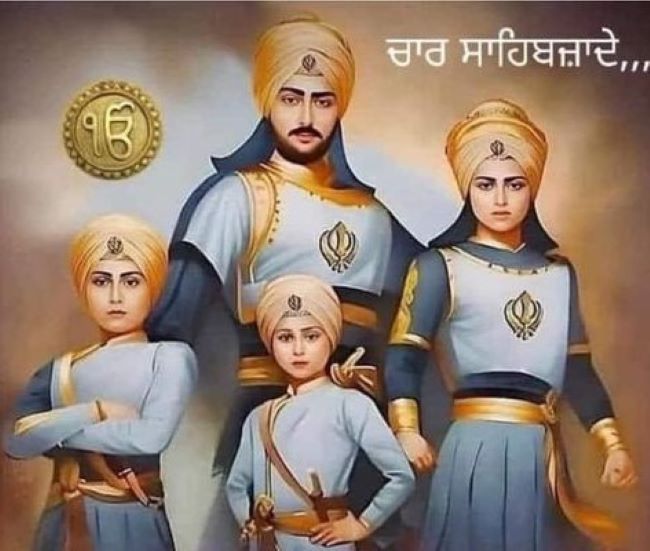 In a significant move to bring justice to centuries of overlooked heroism, Delhi University will now offer an undergraduate course titled “Sikh Martyrdom in Indian History (1500–1765)” starting from the upcoming academic session. This new course marks the first time the university has introduced a comprehensive academic program solely dedicated to Sikh history—an integral part of India’s national narrative that has long been ignored in mainstream education.
In a significant move to bring justice to centuries of overlooked heroism, Delhi University will now offer an undergraduate course titled “Sikh Martyrdom in Indian History (1500–1765)” starting from the upcoming academic session. This new course marks the first time the university has introduced a comprehensive academic program solely dedicated to Sikh history—an integral part of India’s national narrative that has long been ignored in mainstream education.The course will explore the evolution of the Sikh community from its spiritual beginnings under Guru Nanak Dev Ji to its transformation into a formidable martial force under Guru Hargobind Sahib and Guru Gobind Singh Ji. It will examine the martyrdom of Sikh Gurus such as Guru Arjan Dev Ji and Guru Tegh Bahadur Ji, whose sacrifices to uphold religious freedom and human dignity represent some of the most profound acts of resistance in Indian history.
A key component of the curriculum will focus on the unparalleled sacrifices made by the sons of Guru Gobind Singh Ji, known as the Sahibzade. Their martyrdom, particularly the brutal execution of the younger sons at the hands of Mughal authorities, has remained one of the most moving and significant episodes of religious persecution and unyielding faith. The course will also highlight the revolutionary leadership of Banda Singh Bahadur, who led the Khalsa forces to critical victories and established the first Sikh rule in parts of Punjab after defeating Mughal forces.
This academic initiative is not only about teaching dates and battles—it is about embedding in students the values of sacrifice, courage, resistance to injustice, and unwavering commitment to righteousness. It also seeks to restore awareness about the historical figures after whom many towns, roads, and institutions are named, yet whose stories are scarcely taught.
The new course challenges the prevailing imbalance in Indian academic spaces, where limited attention has been given to Sikh contributions despite their deep impact on India’s religious freedom, political resistance movements, and cultural resilience. It is an attempt to correct the erasure of Sikh valor and acknowledge that India’s history cannot be complete without an honest account of the Sikh struggle against tyranny.
Importantly, the course will be offered as a general elective, making it accessible to students from all academic disciplines. This will ensure that a wide cross-section of students, regardless of background or area of study, can engage with this essential history. To ensure accuracy and depth, the university will initially engage external experts in Sikh history to teach the course until in-house faculty are adequately trained.
By formalizing Sikh martyrdom and resistance within the academic framework, Delhi University is setting a powerful precedent for how Indian institutions must approach history—not as selective memory but as inclusive truth. The hope is that this course will inspire other universities to incorporate similar narratives and ensure that future generations understand and honor the sacrifices that shaped India’s spiritual and cultural identity.